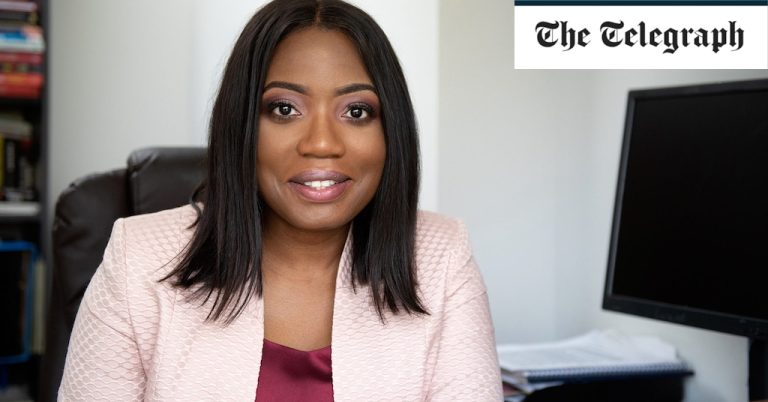How do you achieve work-life balance?
RS: As a mother of three boys and an ambitious entrepreneur, balancing short-term gains and long-term sustainability is pivotal for both my personal and professional well-being. I prioritise a holistic approach, acknowledging the significance of work-life balance and mental health, as well as the importance of quality time with my children.
While short-term gains may offer immediate rewards, I invest in sustainable practices, fostering resilience for long-term success. I have always acknowledged that my children will not be little forever. I regularly assess priorities and set clear boundaries, to ensure I can maintain a healthy work-life integration, with open communication.
By cultivating resilience and a mindful approach to challenges, I am able to achieve sustained effectiveness in my endeavours. My general approach is to navigate the present with an eye on the future, fostering a balance that supports my immediate goals and well-being.
MCH: I’ve become better at making space for myself and my family. As one gets older and gains credibility and confidence, it’s easier to structure things strategically, because others have greater faith that you’ll deliver!
The advantage is that if you’ve successfully structured something, it means you’ve conveyed, delegated and have established accountabilities. So, others own part of the outcome. On becoming chair of Shakespeare’s Globe, I learned that many involved in the Globe’s development felt specifically mandated to deliver the theatre. So, although Sam Wanamaker, a strategically astute man, died of cancer there was no doubt it would be finished.
Who as a trailblazer has impacted your career the most?
RS: Building a legacy for my children and their children and for those who look up to me. Showing them that there should be no barriers for those willing to work hard – that keeps me motivated daily.
MCH: Radical women like Vera Brittain, who fought to get into Somerville College, Oxford, last century; the Pankhursts -who didn’t just complain about the lack of enfranchisement for women, but effected structural change to get women the vote; and people who quietly took a chance on me, like my Oxford tutor, Dr Ann de Moor who was disappointed that I’d become ‘just a City lawyer’, telling me that she had expected more of me because of what I’d said about social justice years before, at my interview.
That was a real kick up the backside and spurred me into being more activist. And the two male chairmen who invited me to go into my first board roles.
What’s next for you?
RS: My focus is on continuous growth and innovation at Jomas. I aspire to further impact the construction and engineering industry by fostering diversity, driving sustainable practices, and embracing emerging opportunities. With a commitment to pushing boundaries, my next steps involve expanding collaborations, working internationally, leveraging technology, and contributing to the evolution of marginalised communities.
MCH: I’m on the Co-op board, which I love. I know retail and I’m delighted to contribute to an ethical business and to participate on a board that moved it from the perilous 2015 position to the business it now is with a stronger balance-sheet, £11bn turnover, sound strategy and respectable profitability.
I hope to stay to the end of my term, balancing it with another worthwhile board to replace Shakespeare’s Globe on my portfolio, now that I have reached the end of my term as Globe chair. I’ll continue to mentor and champion others coming through, as they’re the future.
The Telegraph is the national media partner of The Black British Business Awards.
